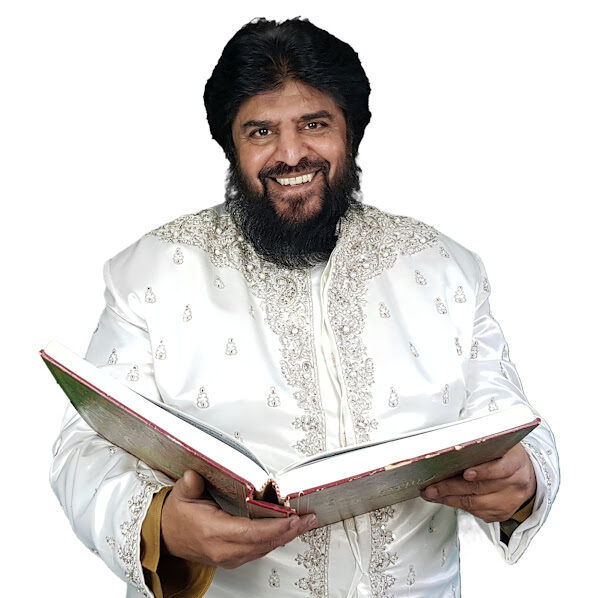MUHAMMAD
[ALLAH'S MESSENEGER]
سُوۡرَةُ الفَتْح
مُّحَمَّدٌ۬ رَّسُولُ ٱللَّهِۚ …(٢٩)
Surah Al-Fath
Muhammad the Messenger of Allah… (29)
مُّحَمَّدٌ۬ رَّسُولُ ٱللَّهِۚ …(٢٩)
Surah Al-Fath
Muhammad the Messenger of Allah… (29)
The core ideology of Muhammad, known as the Prophet Muhammad in Islam, is central to the belief system of more than a billion Muslims around the world. His life, teachings, and the revelations he received from Allah (God) form the foundation of Islam. The verse you’ve mentioned, Surah Al-Fath (The Victory), specifically highlights his role as the Messenger of Allah and encapsulates the essence of his message.
Surah Al-Fath (The Victory), Verse 29:
“Muhammad the Messenger of Allah…” (Quran 48:29)
This verse succinctly affirms Muhammad’s status as the final prophet and messenger of Allah. To understand the core ideology of Muhammad, we need to delve into his life, teachings, and the Quranic revelations he received:
1. Tawhid (Monotheism): Muhammad’s primary message was the absolute oneness of Allah (Tawhid). He called people to worship and submit to the one true God, emphasizing that there is no deity but Allah. This concept is the cornerstone of Islamic faith.
2. Mercy and Compassion: Muhammad is often referred to as “Rahmat al-Alamin” (Mercy to the Worlds). He exemplified compassion, empathy, and mercy in his interactions with people, emphasizing the importance of kindness and charity.
3. Moral and Ethical Guidance: His teachings encompassed a comprehensive ethical framework. He emphasized honesty, justice, and integrity, encouraging believers to lead a virtuous life and to be just in their dealings with others.
4. Social Justice: Muhammad advocated for social justice and the welfare of the less fortunate. He promoted the rights of women, orphans, and the marginalized in society, ensuring that they were treated with dignity and equity.
5. Brotherhood and Unity: He worked tirelessly to unify the various tribes and communities in the Arabian Peninsula, fostering a sense of brotherhood among Muslims regardless of their ethnic or social background.
6. Revelation of the Quran: The Quran, the holy book of Islam, is considered the literal word of Allah as revealed to Muhammad over a period of 23 years. It contains guidance on matters of faith, worship, morality, and conduct, serving as the ultimate source of guidance for Muslims.
7. Final Prophet: Muhammad’s prophethood is the seal of prophethood in Islam, as mentioned in the Quran. This means that no prophet will come after him, and his message is intended for all of humanity until the end of time.
8. The Hereafter: Muhammad conveyed the concept of the Day of Judgment, where all individuals will be held accountable for their deeds. This belief underscores the importance of leading a righteous life.
9. Peace and Reconciliation: He sought peaceful solutions to conflicts and emphasized the importance of reconciliation and forgiveness.
In conclusion, the core ideology of Muhammad, the Messenger of Allah, is rooted in the principles of monotheism, compassion, morality, justice, social justice, unity, and the guidance found in the Quran. His life and teachings continue to inspire and guide the lives of billions of Muslims worldwide, promoting a faith built on love, compassion, and the worship of one God, Allah.

